Choosing a coaching course – where do you start?
A finance professional approached us via Linkedin asking for our view on how to select a coaching course. He fairly noted that “there are so many out there, and it is bit confusing.” Where do you start, with such a personal decision? Here are some considerations that came to mind for us:
What is driving you to choose a coaching course?
o What is your motivation? To coach your team, be an internal coach, be a professional coach? A fascination for the topic?
What do you already know?
o What practical skills do you already have in coaching?
o Do you need a course which takes you back to foundations or can you choose a course that moves you beyond that?
o Do you want practical skills or more or an academic appreciation?
o Do you have any specific interests or philosophical leanings? Or do you want a general overview at this point?
o For example, positive psychology, somatic coaching, more solution-focused or more person-centred and so forth.
Budget and location
o Budget shouldn't be a consideration but there are big differences between some courses and, say, the business school coaching courses. And where are the courses? What %
is online vs. in person?
Accreditation
o How important is accreditation for you? Some courses are accredited with the different professional bodies, which means this can step you onto the route of getting.
accredited yourself.
How is the course structured?
o E.g. tuition vs. practice with colleagues and volunteer clients, vs. homework?
o The amount of practice hours required and the amount of supervision - a sign of a good course is that you need to sign off and be supervised on many hours of coaching before
passing the course.
The experience of the tutors
o Are they published authors? Do they have commercial experience? If the person taking the course has just finished the course, that’s probably not a good sign.
The weight placed on critical thinking and reflective practice
o For all the tools in the world, you are the tool, and therefore learning to reflect on how you are and what you do with clients is essential!
o The value placed on supervision - equally, supervision as a tool is also vital, so if the course does not mention or value it, we’d ask questions.
Feedback
o In our experience ask for feedback from people who have moved on. I know when I did my first coaching course, it was such a joy to be in the learning environment I would have recommended it unquestioningly. Now, perhaps, with more learning under my belt, I might apply more criticality.
